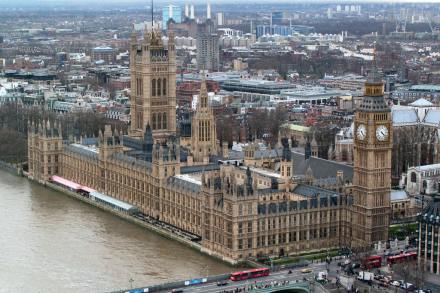Mending Britain’s broken politics
If it turns out that a transparently self-serving referendum on AV isn’t an instant fix to Britain’s political problems, what are politicians to do? As Pete noted, the stalk your MP i-Phone app is a step in the right direction. Another welcome measure is Winkball’s unique video hustings. Over 3,000 parliamentary candidates of all hues are given a few minutes to summarise their broad manifesto and detail which local issues are important to them. Viewers can leave comments and lodge questions so some sort of dialogue is maintained. Although this initiative possesses an air of the gimmick every little helps, and understanding what you’re voting for at a constituency level














